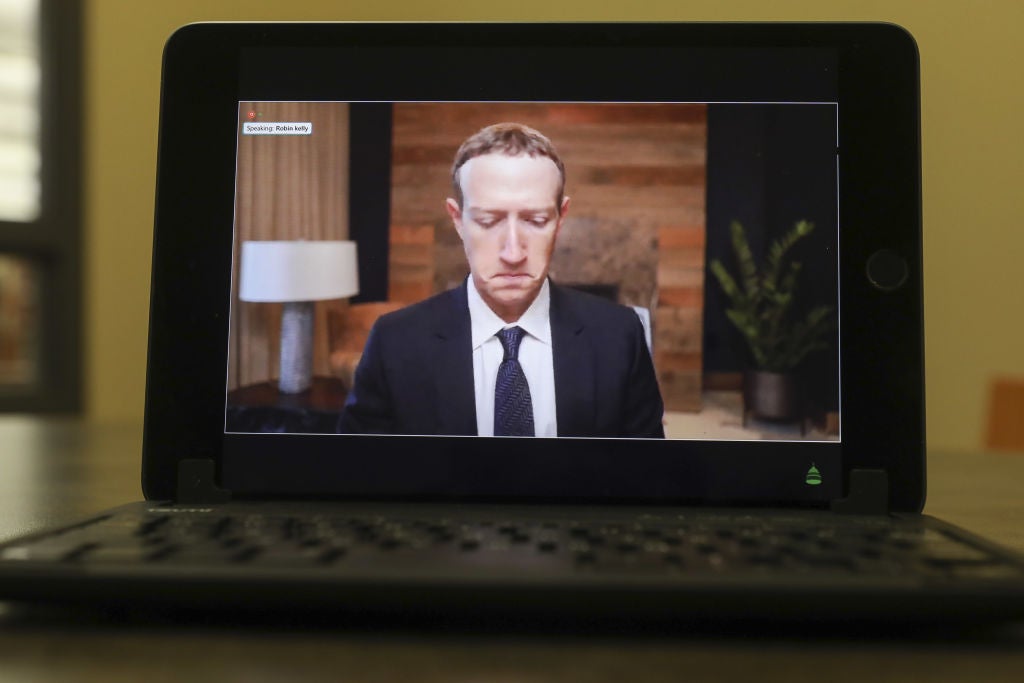
Mark Zuckerberg has a dream for a future in the metaverse. Realising it hasn’t just proven to be extremely expensive, but has also put the Meta CEO at risk of losing his way, according to experts.
Meta’s Reality Labs division, the hub for the company’s virtual reality (VR) projects and tech, posted a whopping $4.28bn loss in its fourth quarter, according to its earnings report on Wednesday.

Access deeper industry intelligence
Experience unmatched clarity with a single platform that combines unique data, AI, and human expertise.
This brings its total loss amount to just over $13bn in 2022.
It was the first full year for the new Meta, after Zuckerberg changed the company’s name in late 2021 and bet its entire future on developing the metaverse.
Zuckerberg’s metaverse is still a massive work in progress. It is basically a digital universe where consumers will shop, play, work, learn and more. In some ways, this puts Meta on the path to becoming a super-app akin to Tencent’s WeChat ecosystem in China.
Rounding out Meta’s first full year as a metaverse-centric company, there are no signs of any major breakthroughs. Despite the public pivot, the company remains reliant on online ads for the majority of its revenue. However, Meta’s ads revenue fell by 4% in the last quarter.

US Tariffs are shifting - will you react or anticipate?
Don’t let policy changes catch you off guard. Stay proactive with real-time data and expert analysis.
By GlobalDataThe VR division isn’t doing much better. Reality Labs made $727m in its fourth quarter and $2.16bn in revenue for the entirety of 2022 – a decline from $2.27bn in 2021, CNBC reported.
Sales of VR headsets declined by 2% in 2022 – the same year that Meta announced it would be raising the price of its Quest 2 VR headset by $100.
Some experts believe that Meta has lost its way with its new product approach, forgetting the practices that had done them well for years.
“The pressure of reinventing his business model to be less reliant on advertising coupled with the desire to own the next generation of the internet has broken his own best practice in product management,” Dave Martin, CEO and founder of RightToLeft, told Verdict.
“It’s disappointing since startups and innovators have tried to emulate Meta’s product approach for years.
“They are credited with the mantra ‘fail fast’ and known for an experimental culture to empower product development.”
Meta said at the time that the price hike was needed to deal with rising inflation.
However, the company then unveiled a premium Quest Pro VR headset in October for $1,500. Zuckerberg explained this was to be used as an enterprise workplace device.
Martin believes that Meta has failed to recognise the slow adoption of these products, in turn forcing themselves into a multi-billion dollar product management error.
“Key product mistakes include unclear target market, feature bloat, lack of focus on traction, unclear value proposition, etc,” Martin said. “It’s a product weighted towards Meta’s business needs, not the customer value.”
GlobalData is the parent company of Verdict and its sister publication







